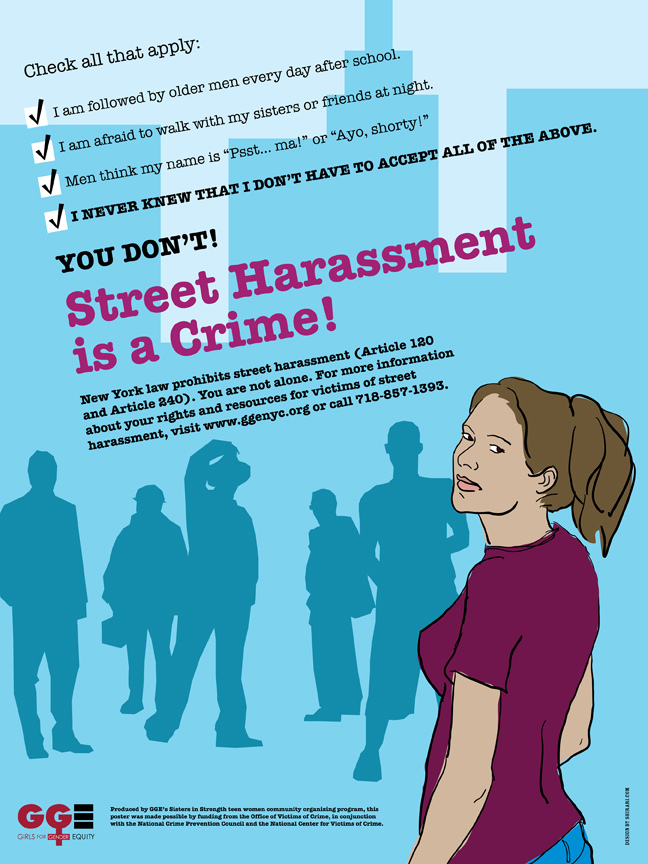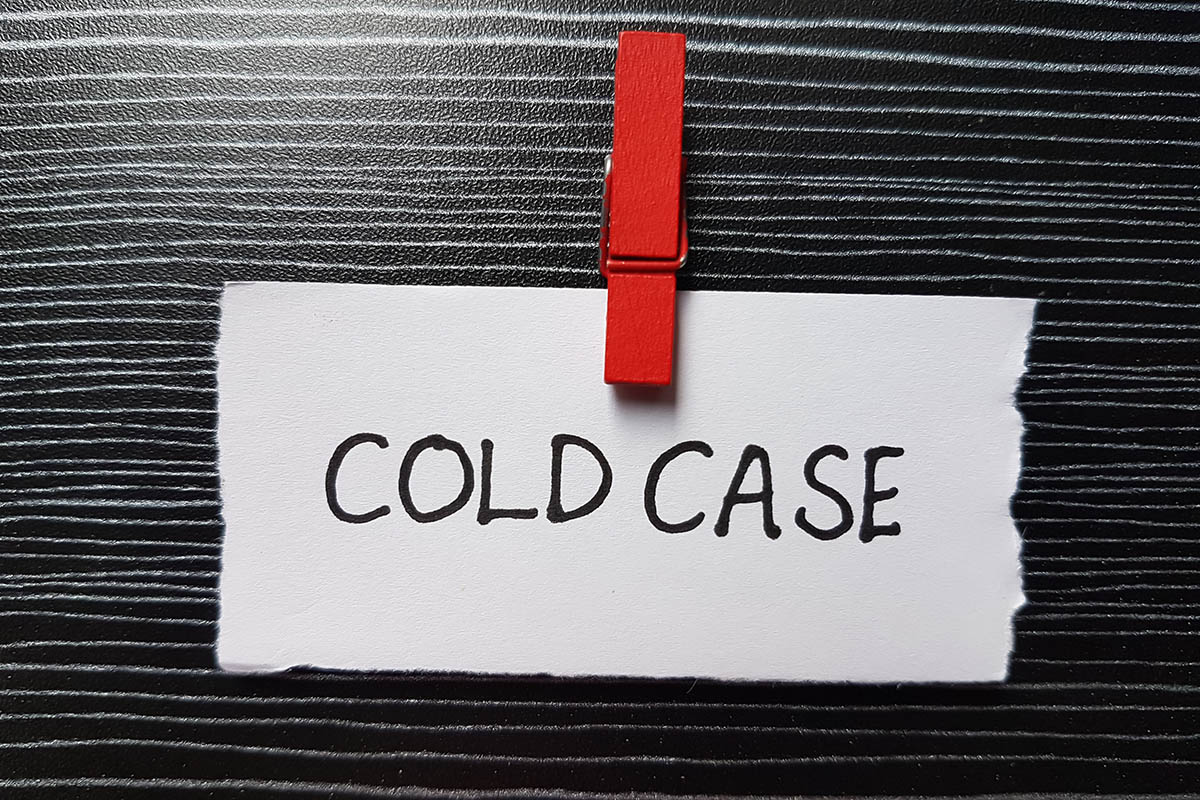“I was harassed here. No one helped me”
January 1 Street harassment can take different forms in different places, writes Alicia Wallace, 29, a Commonwealth Correspondent from Nassau, Bahamas, but the impact on victims and responsibility of by-standers remains unchanged.
Street harassment can take different forms in different places, writes Alicia Wallace, 29, a Commonwealth Correspondent from Nassau, Bahamas, but the impact on victims and responsibility of by-standers remains unchanged.
It can be tough to explain to people that street harassment, though normalized, is not normal, and the practice is not linked to the culture of any country. It happens everywhere, and affects a broad spectrum of people.
Street harassment looks, sounds, and feels different depending on identity, location, time of day, and any number of other factors. The harassment I experience on a daily basis in Nassau is unlike harassment in any other place I’ve visited. I’m accustomed to the go-to names, phrases, and gestures of people in my city, but placed in an unfamiliar city, I don’t know what to expect, or how to respond.
Language barriers prevent me from making assessments with the same accuracy as when I completely understand what is being said. Having limited knowledge of a place can be disempowering, changing the way I respond to harassment.
In Los Angeles for a conference and on a tight budget, I spent a lot of time walking and using public transportation. My experiences of harassment were less frequent than in Nassau, but put me on edge. I constantly thought about how desolate the bus stop near my hostel felt at six o’clock every morning, and the fact that I couldn’t change my routine.
After the conference, I decided to visit a friend in Riverside. Everything I’d heard about Riverside suggested that it was pretty quiet, conservative, and, quite possibly, boring. I was fully prepared to wander around, peeking into small stores, and hanging around the university area. I found that most people kept to themselves. I was quite confident that I was in a relatively harassment-free zone. That changed on my birthday, when I decided to venture through the main public transit hub.
As I made my way, I approached a group of middle-aged women hanging around a food truck. As I got closer, a woman by the truck turned to face me, and looked me up and down repeatedly. She spoke rapidly in another language to the other women, making broad gestures toward me. She kept saying things like, “That is nice!” and “You are so sexy!” I felt conflicted about my response. This was a woman, clearly my senior, telling me she loved my ensemble, but what about all the other things she said? Should I smile? Say “thank you”? Pick up my pace? I didn’t know what to do, so I did all three.
Further on was a group of men in their early thirties, offloading a truck. They stopped to hoot and holler at me. Generally, I can safely cross the street at any point in Nassau, but bigger cities don’t give that option. The only way was through, and I made it.
It was another twenty steps before I got to the main hub where a man in his twenties kept asking me for my number, where I’m from-from, and if he could go with me. It didn’t take long to shake him.
Within a few minutes, another man came to the bench where I sat alone. He talked at me for about five minutes before he got angry. He aggressively questioned me about my reasons for not responding to him. Eventually, he came to the conclusion that I thought he had no money. He took out his wallet, crumpled up bills and threw them at me. He pelted me with money as no less than a dozen people looked on, silently.
In Nassau, I would have read him the riot act. I would have addressed that crowd, and told them they had just witnessed assault. I would have explained to them that they perpetuated that act of violence against me by remaining silent. I would have told that man that he should have been ashamed of himself, and that I am not object for sale. I am not a problem he could literally throw money at to solve or dissolve.
But because I was in a city I really didn’t know, I did none of these things. I didn’t know the culture of the place or its people. I didn’t know where the nearest police station was. I didn’t know how to call for help. I was a sitting duck – the perfect target for street harassment. Later that day that I returned to the spot with chalk and wrote: “I was harassed here. No one helped me. Don’t stand by. Stand up.”
Street harassment is a reality in every part of world, and there’s no way to identify potential harassers. They can be of any gender, race, or age, and could speak any language. They could feel deprived or entitled. They can talk at you and let you walk on, or may want to escalate the situation, causing you physical harm or public shame. These things can’t be predicted, especially if you’re in an unfamiliar space. While it’s empowering to respond, it’s important for people experiencing harassment to be mindful of cultural differences, deficiencies in knowledge of a place or people, and overall safety. Sometimes the safest thing we can do is walk away. We can always hollaback later.
This article first appeared in Stop Street Harassment
Reach Alicia on Twitter @_AliciaAudrey
photo credit: street harassment is a crime poster via photopin (license)
…………………………………………………………………………………………………
About me: I am a writer and blogger, living and working in Nassau, Bahamas. I’m a women’s rights activist and youth advocate. Trained in economics and finance, I believe improving the educational system will result in a higher rate of civic participation. My work has been in the non-profit world. I am Director of Hollaback! Bahamas, a global movement to end street harassment, co-founder of Coalition to End Gender-based Violence & Discrimination, and Director of Equality Bahamas’ educational campaign
…………………………………………………………………………………………………
Opinions expressed in this article are those of the author and do not necessarily represent the views of the Commonwealth Youth Programme. Articles are published in a spirit of dialogue, respect and understanding. If you disagree, why not submit a response?
To learn more about becoming a Commonwealth Correspondent please visit:
http://www.yourcommonwealth.org/submit-articles/commonwealthcorrespondents/
…………………………………………………………………………………………………




